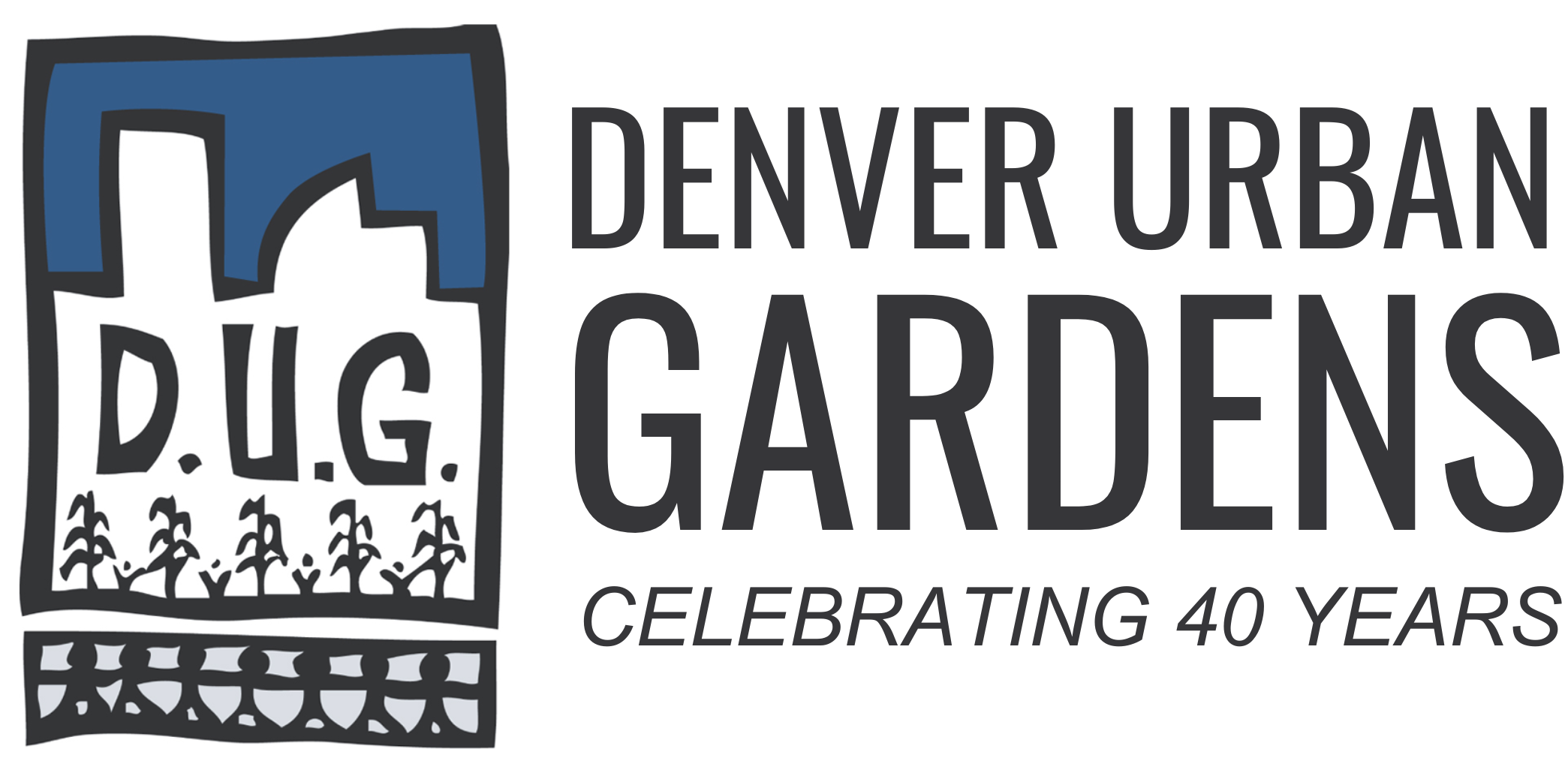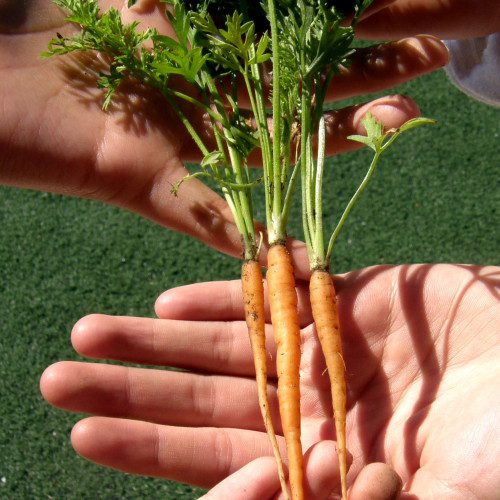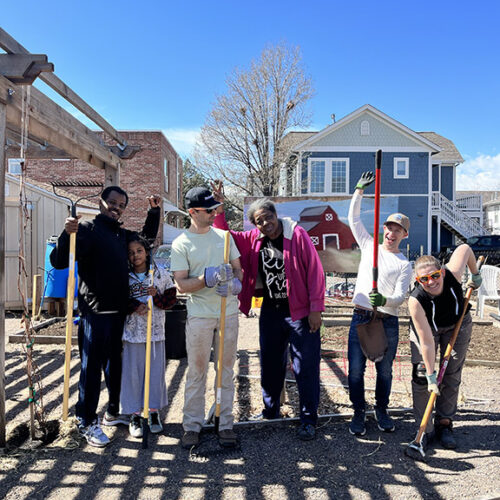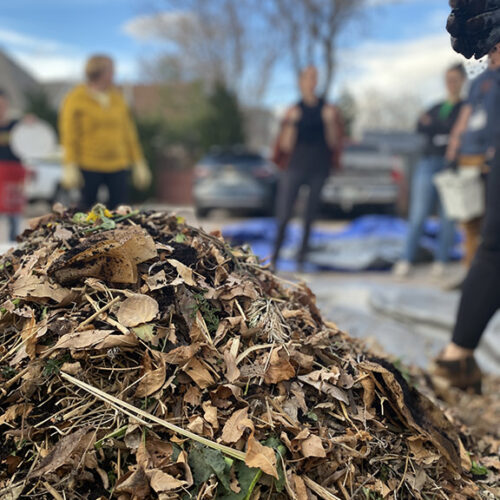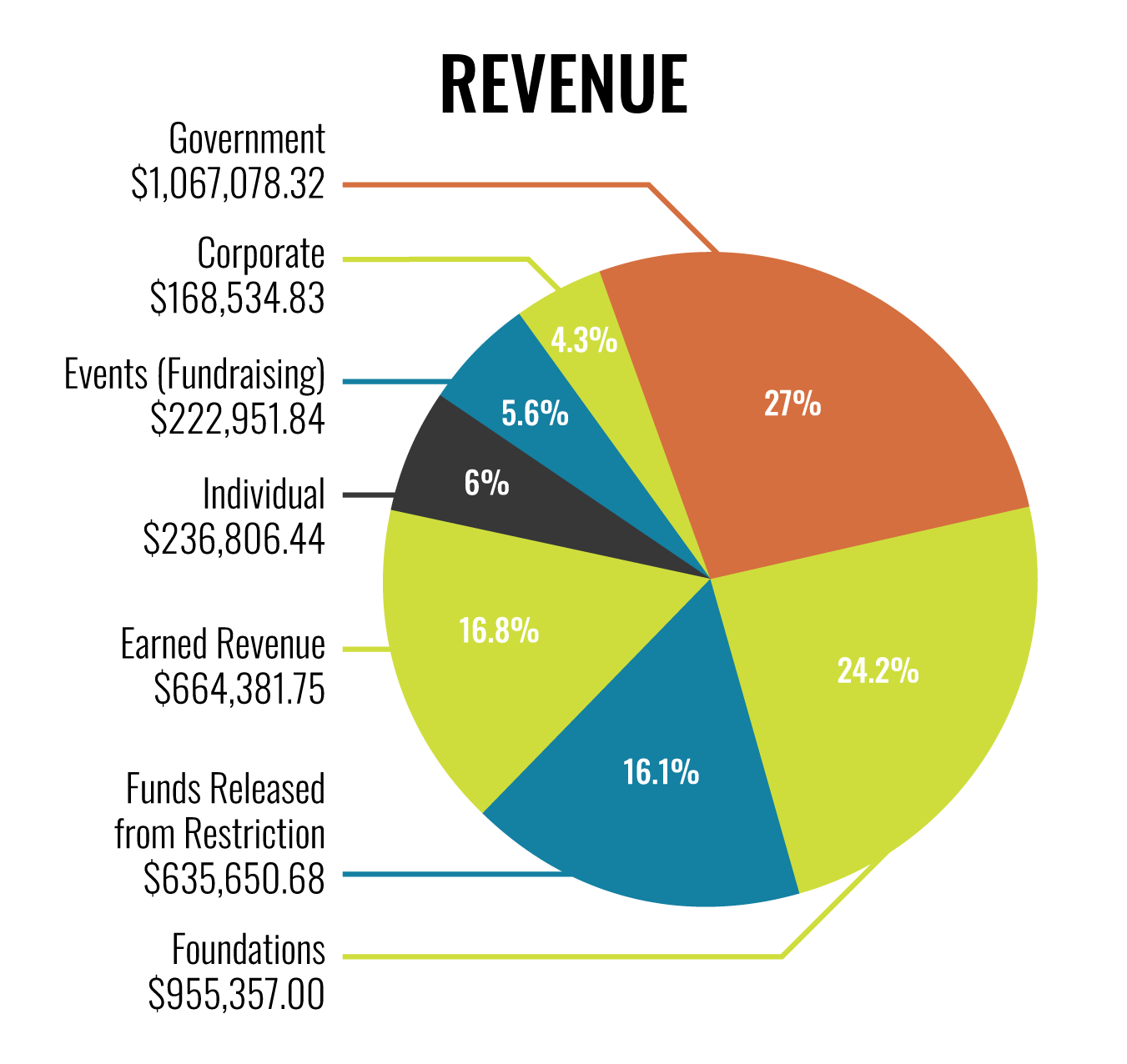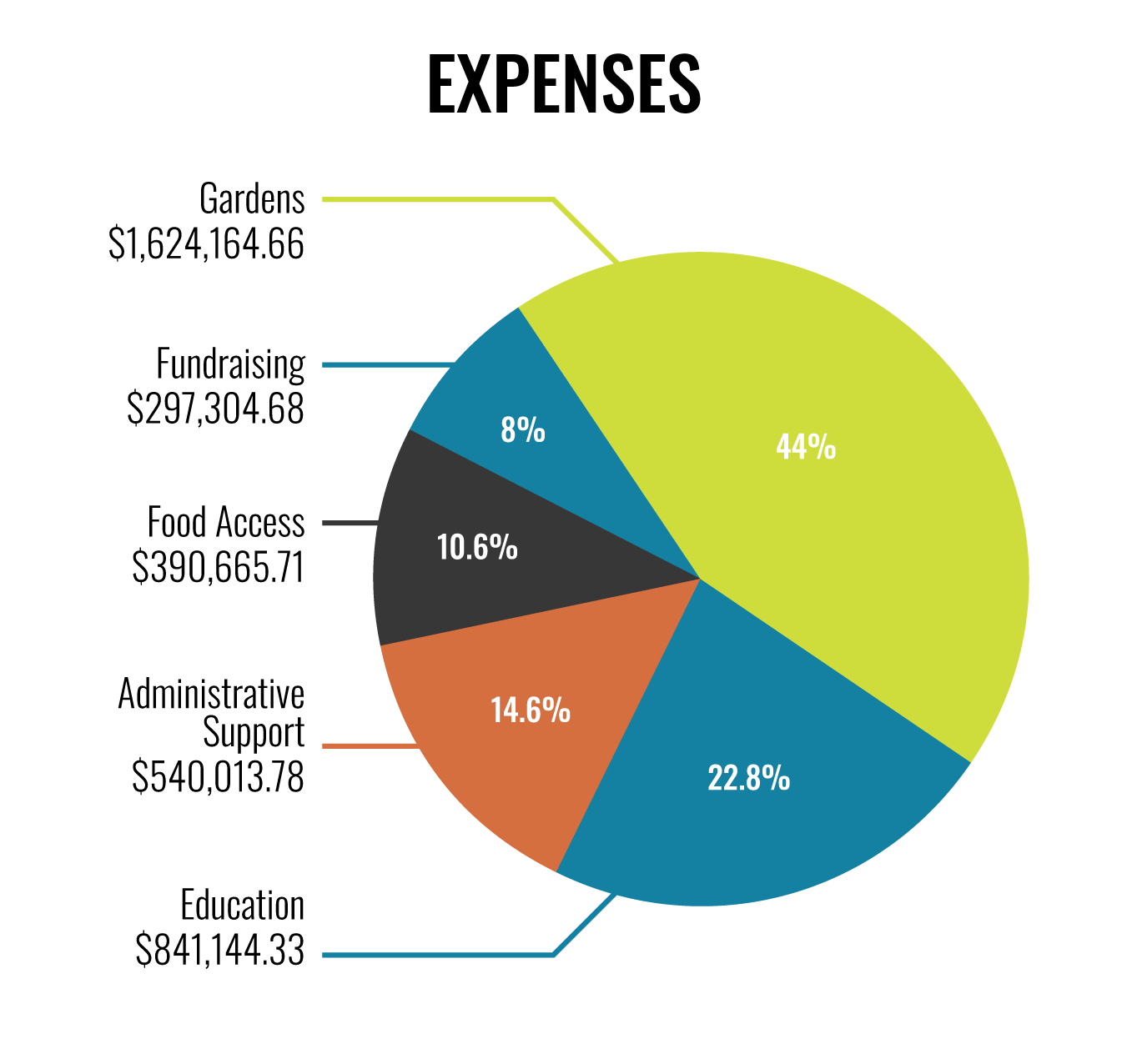As with every year at DUG, 2023 was full of adventure. And breakthroughs.
Denver Urban Gardens (DUG) continues to be a gem of metro Denver. Something for Colorado to be immensely proud of. As one of the largest independent community garden organizations in the country, a DUG site can be found in nearly every neighborhood across seven counties.
Our 200 gardens continued to thrive with the baseline infrastructure initiative and a doubling down on support of our tremendous Garden Leaders. Not to mention our community of over 17,000 gardeners going strong while growing food and building community.
The Etkin Family Food Forest Initiative reached its 20-site goal and started to refine its process including community input meetings, new site recruitment, and Tree Keeper training and support. With trees in the mix, DUG’s impact grows exponentially. In 5-10 years we’ll be producing thousands of pounds of fresh organic produce freely available to the community. These legacy installations will be in place for decades producing organic fruit and nuts while contributing to Denver’s tree canopy. We couldn’t be happier about the success of this new program.
DUG’s Food Access programming added the Culturally Inclusive Seeds program to meet the needs of our diverse community as they seek to grow foods from their heritage.
Our Education and Engagement team wrapped up our ECE teacher cohort in addition to delivering Urban Roots Workshops for all.
Our team grew as we expanded to better and more completely serve our community. Our Advisory Council, DUG’s trusted, nationally-recognized advisors provided guidance on issues critical to DUG’s current activities and strategic evolution.
I had the good fortune to end the year with a trip to Australia where I keynoted the Urban Agriculture Forum. It was an experience of a lifetime—loads of learning and even more shared experiences. Read about my adventure here.
Thank you for your interest and support of Denver Urban Gardens. We couldn’t do any of it without you – our community.
